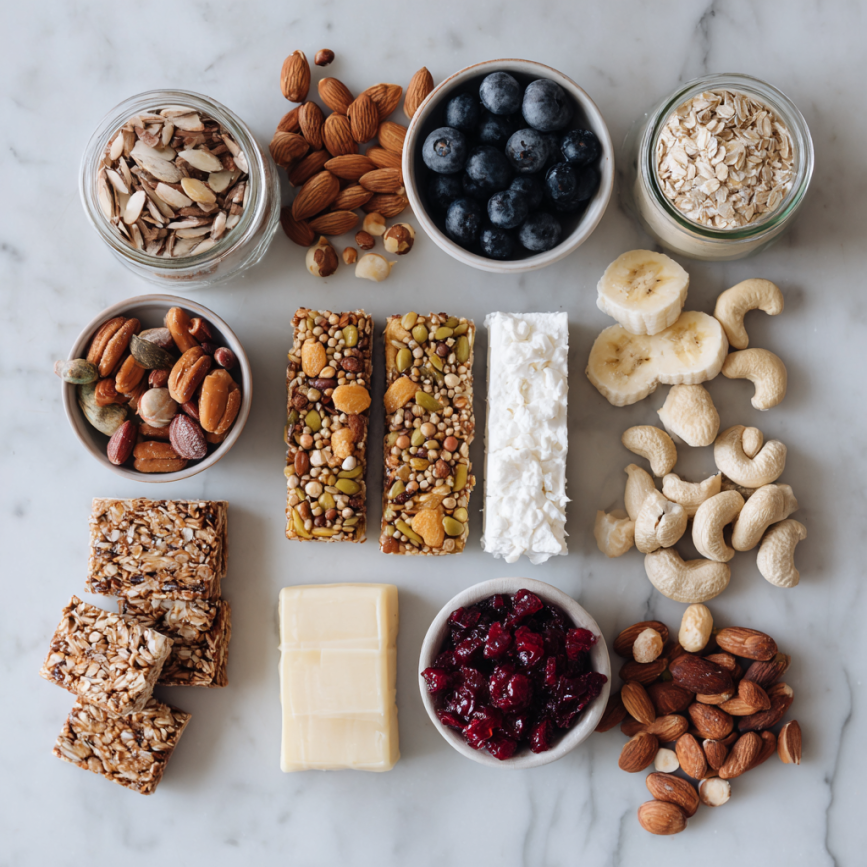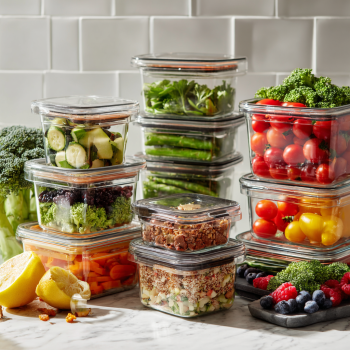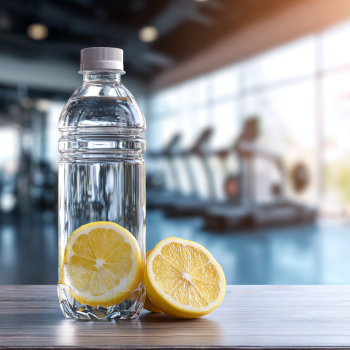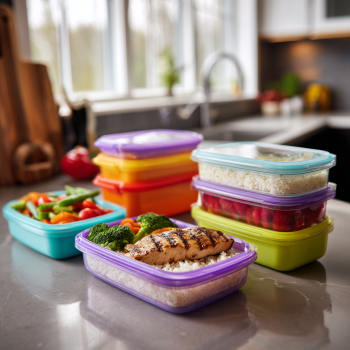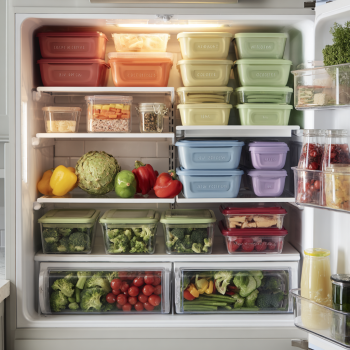
Meal prep has saved my health—and my schedule—more times than I can count. I used to think it meant cooking everything on Sunday, stuffing the fridge, and eating the same thing five days in a row. Not true.
Now I batch cook ingredients: grilled chicken, quinoa, roasted veggies, boiled eggs. Then I mix and match meals through the week. I keep it simple, colorful, and full of nutrients.
My hack? Use containers that stack, spice things up with different seasonings, and keep a backup meal in the freezer. Prep equals power—you stay in control and avoid impulsive choices.
Jean Paul Rivas
